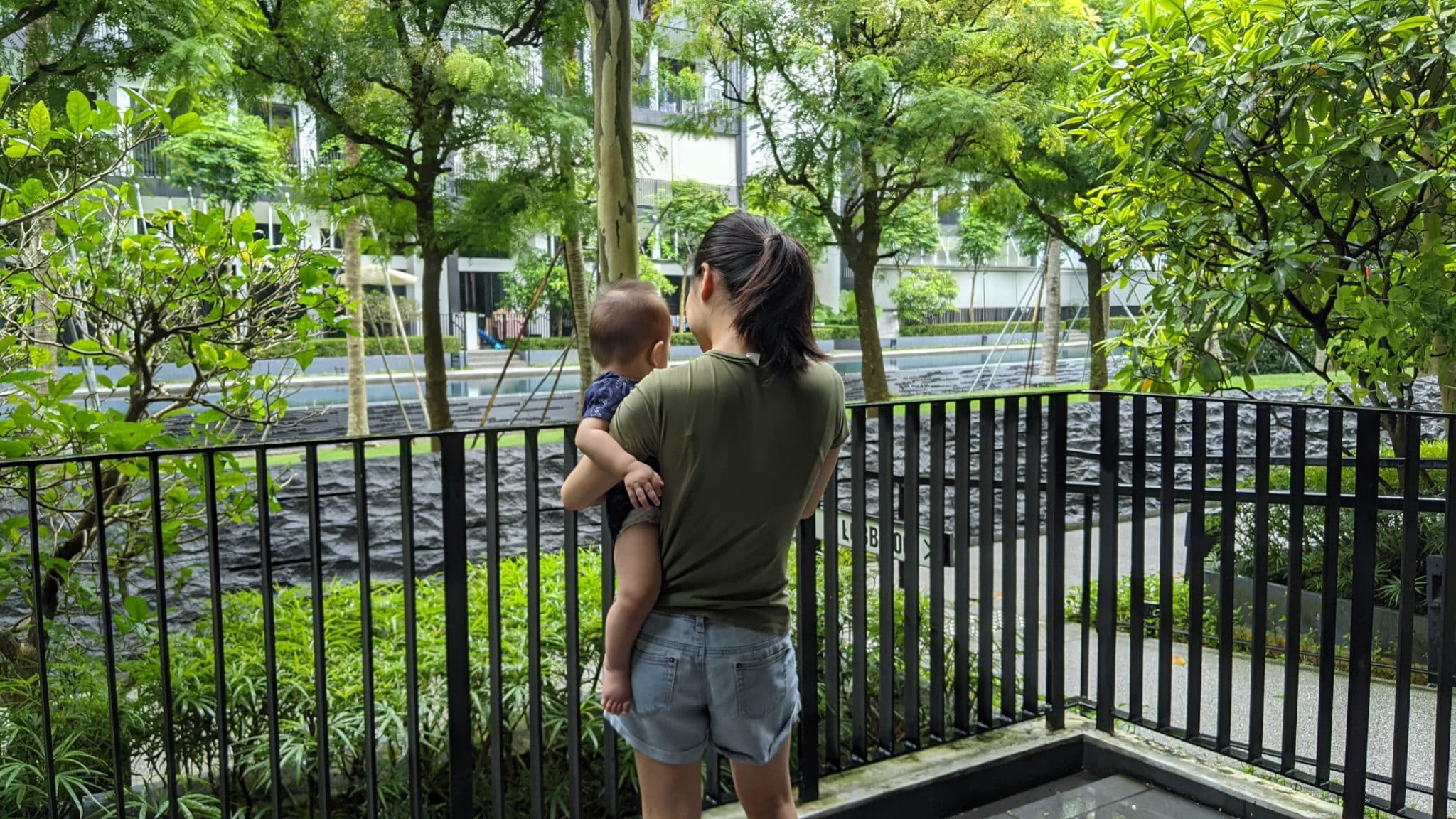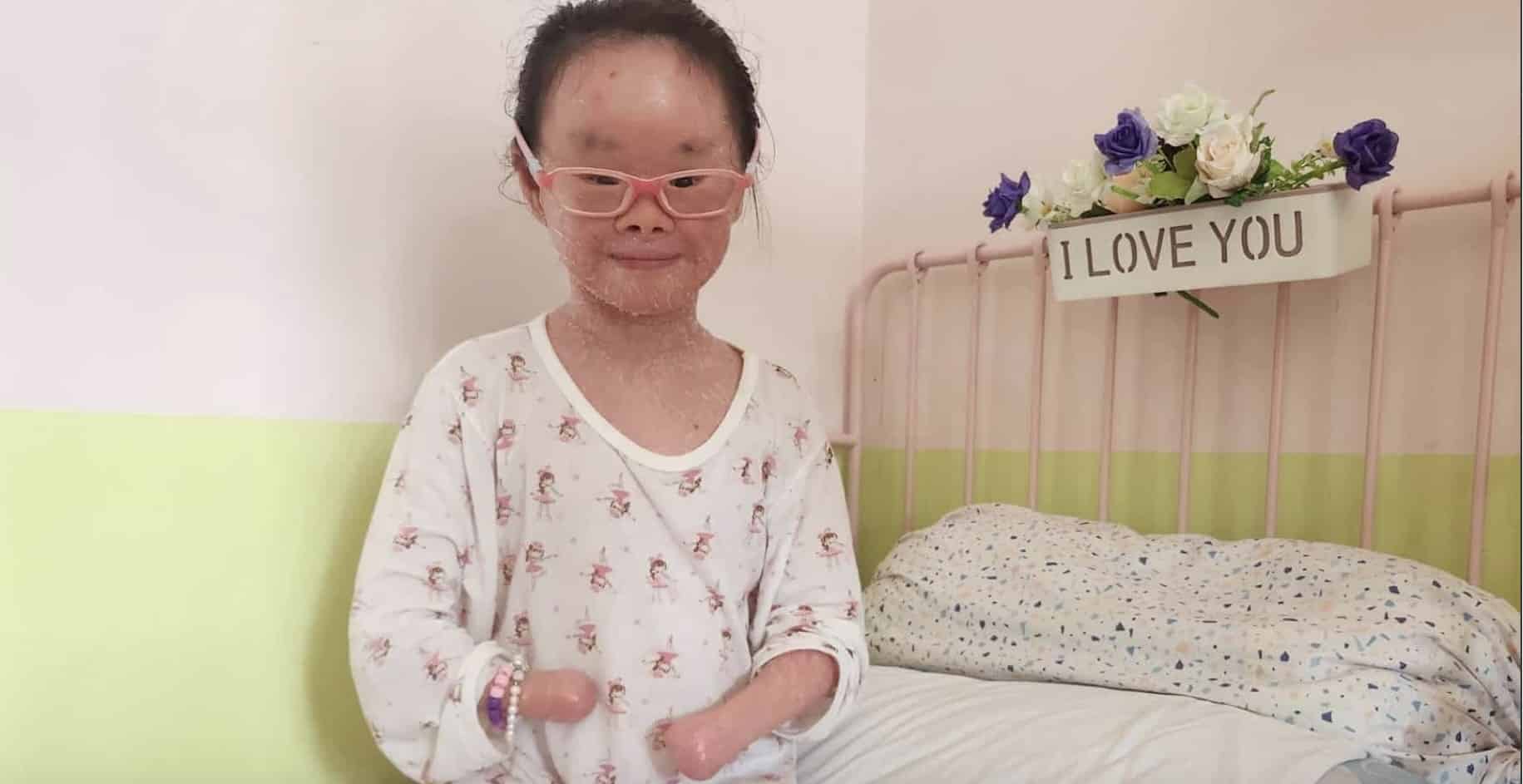How to help your children cope with bad news
June Yong/Focus on the Family Singapore // July 19, 2021, 9:30 pm

The news of the tragic incident at River Valley High School on Monday (July 19) brought shock and caused concern to many of us. Reading the messages that were sent through my various parent chatgroups, I could hardly believe what I was seeing.
“Is this real,” I wondered to myself, as I allowed the weight of the news to sink into my heart. The parties involved are merely teens, youths who belong to families of their own. “What could have possibly gone wrong?”
When tragedy strikes close to home, it is often difficult to detach from the event. We cannot wave this off as something that happened in another part of the world. If as adults, we struggle to deal with bad news, what more for our teens?
Perhaps the only way to cope with this is to walk through it with them.
How to talk about tragedy with your teen
The unfortunate incident happened at an Integrated Programme school, meaning the children most closely involved in the case or who witnessed/heard about it are aged from 12 to 18 years.
Although some details of the case have not been brought to light yet, we can already start thinking about how we can help our teens process the news. Here, we will need to first consider the different personalities of our teens.
You may be able to identify your child among the following personality types:
- Doers want to protest or create new laws or programmes.
- Talkers want ongoing discussions about what happened and the possible core issues.
- Thinkers process what they know about the tragedy and may form deep thoughts about solutions. This personality tends to be a bit more pessimistic and may make negative comments about the overall trustworthiness of people. You may want to give your thinker some space before approaching them.
- Peacemakers would love for everyone to get along. They could usually empathise with everyone involved and would avoid conflict and opinionated discussions.
Help your teen understand his or her own personality and how it affects the way he or she processes information. You can also encourage your teen not to rush to a conclusion, and to be open to other points of view.
What can parents of teens say or do?
Kids, especially teens, want to know what to do in response to a tragedy. As parents, we will do well to connect with them at the heart level and coach them to:
1. Practise discernment together
We live in a culture that thrives on disseminating information quickly. While speed is of the essence when it comes to news, how do we really tell that what we are sharing on Whatsapp or Telegram is indeed true and factual?
We often think it’s just a message and it’s just a small group of people we’re sending it to, but it could end up muddying the facts or worse, hurting the people who are closely connected to the case.
How can we better discern the facts before spreading them?
2. Look at the events through your child’s eyes
Each child filters news differently according to his or her personality. Kids with more inhibited or anxious personalities may stay focused on worrying while others move toward thoughts of action or fixing. Taking time to understand how each child processes the news will help you craft your approach.
If you have an anxious child under your wing, it may help to give them the space to air their feelings and worries. Or even to write them down in a journal.
3. Encourage honesty
Encourage your child to be honest with his emotions. It can help to use simple analogies to present the importance of facing our feelings. Take for example a wound. A wound needs to be cleaned and exposed to air (even through a bandage) to heal. It can be painful to clean a fresh wound, but doing so allows it to get better.
A child may develop behaviours that numb their fears or hurts. Social withdrawal, passivity, aggressiveness, rebellion or busyness may be used to push the negative feelings away but they may never be fully resolved.
4. Pause and listen
Let your child ask questions. Put aside your own world to enter his as he tries to process information. If he feels anxious, reassure him. Don’t brush aside their emotions. Instead, help them identify it and manage it. If we dismiss their emotions, we lose a precious teaching moment.
5. Practise empathy
Developing empathy helps our kids grow up and expands their world. It’s part of understanding that our own selves and our families are not the centre of the world but there’s a bigger world outside of our home and many people live in different circumstances.
Ask questions like:
- How do you think they may feel?
- Is there anything we could do to help?
Such questions help our children learn to feel empathy for those involved in the tragedy, and also think of solutions and to play their part in the larger good.
As parents, we are human beings too. We grapple with the same difficult emotions that our children feel. Instead of thinking we need to have all the answers to the most difficult questions in the world, or that we need to have the solutions, perhaps we just need to be present with them in their time of need and confusion. And face up to our worries and fears together.
Originally published by Focus on the Family Singapore. Adapted from How to Help Your Kids Process Tragic News by Danny Huerta © 2018 All rights reserved. Used with permission from Focus on the Family.
We are an independent, non-profit organisation that relies on the generosity of our readers, such as yourself, to continue serving the kingdom. Every dollar donated goes directly back into our editorial coverage.
Would you consider partnering with us in our kingdom work by supporting us financially, either as a one-off donation, or a recurring pledge?
Support Salt&Light




